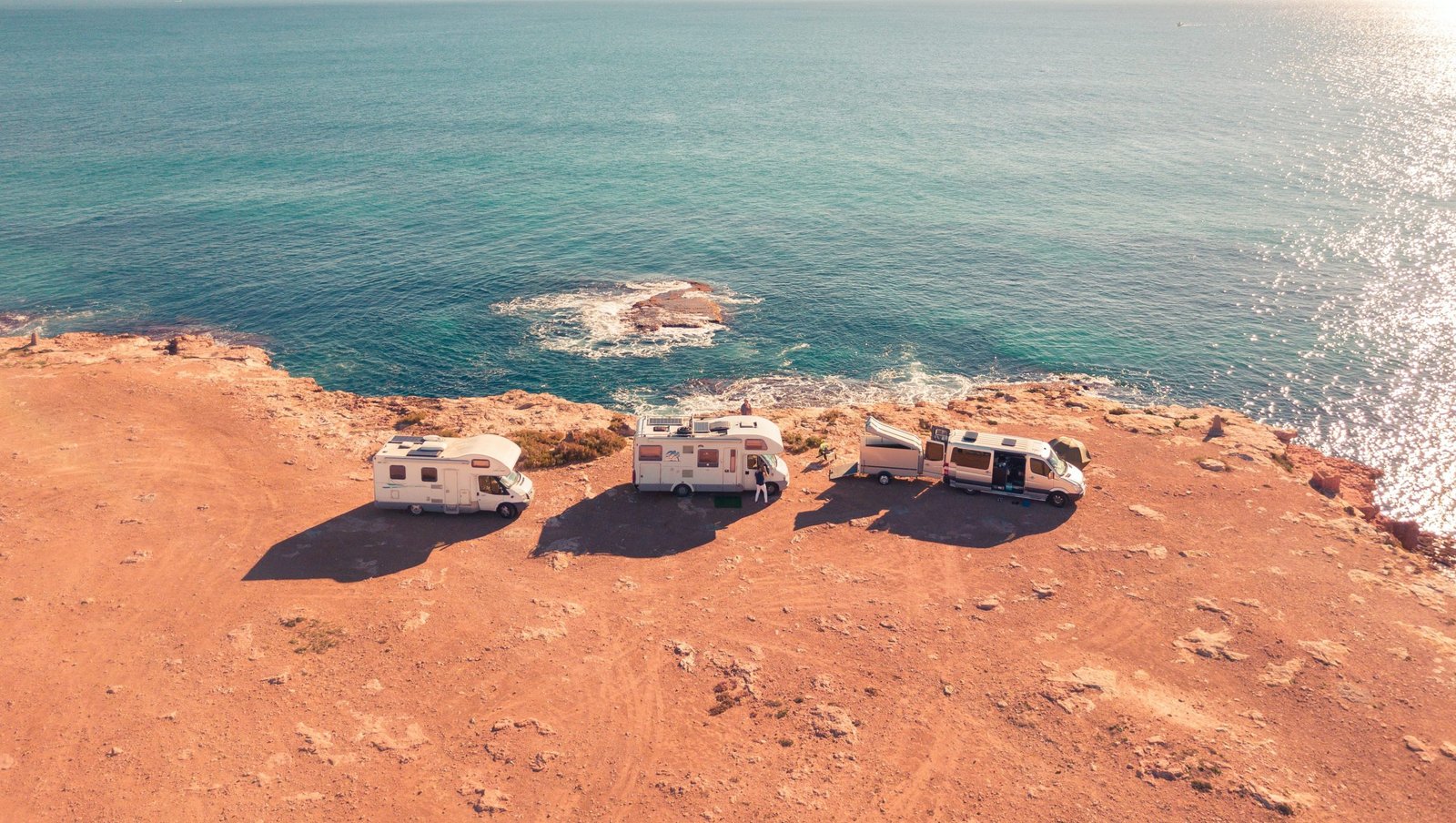
Picking The Right Generator For Your RV
Owning an RV is quite liberating.
You suddenly have the freedom to pull the anchor and go wherever you want to go, without worrying whether you’ll have a place to stay.
That has been the case for RVs ever since they became a thing back in the day. However, modern RVs are nothing like the old, original ones. The RVs you can buy today are absolutely loaded with all kinds of features and appliances — all of which require power.
Do you Need a Generator in your RV?
The appliances found in modern RVs go far beyond a few lightbulbs like in the olden days. Now you have all kinds of fridges, stoves, HVAC units, and other creature comforts that require power and a lot of it. If you want to use these amenities, you will need a generator. Considering how many new RV owners are joining the fold, it’s a good idea to explain why generators are essential.
Also, not all generators are created equal. Finding the right one for your RV can be crucial in determining which of the appliances you can use and for how long.

Different Types of Generators
Generators come in a variety of types and flavors. The experts over at generatorgrid.com/rv/ argue that the key is figuring out which combination of format and power works best for you. We can divide generators into two categories — built-in and portable. Each of these has its pros and cons.
- Built-in Generators – Built-in generators require a dedicated spot within the RV. This type of generator is better for larger RVs that require more power to run everything. The best thing about a built-in setup is the fact that your RV comes with all the connections and installations already prepared. All you need to do is plop in your new generator, and you’re good to go. The downside to this type of generator is its complex nature. Things rarely go wrong, but when they do, it will be a pain to fix in many cases.
- Portable Generators – Portable generators are the complete opposite of built-in rigs. These are smaller, manual generators that you can pretty much use for a whole range of things inside and outside of an RV. However, portable generators are often weaker than the much more robust built-in rigs.
This is a rather rough distinction between these two types. There’s more to deciding which one is right for you aside from the ease of maintenance. That being said, a majority of users focus on the portable generator. Here are some of the questions you need to ask yourself before you go shopping for one.
What Kind of Camp Grounds do you Frequent?
There are generally two distinct types of RV users out there — those who use their recreational vehicles to spend time at one of the numerous dedicated RV lots and those who go where the adventure takes them. If you recognize yourself in the former category, you can get away with a smaller portable generator. Dedicated RV lots offer power outlets and other amenities as standard.

If you resonate more with the latter type of RV user, your best bet is to get a relatively powerful portable generator or get a built-in rig for your RV.
How Much Power Do You Need?
Power output is arguably the most important metric when you’re discussing RV generators. Figuring out how much power you’ll need comes down to the number of appliances you want to run at any given moment. You’ll need to put all the amenities on paper, calculate the sum of their power requirements, and add around 20% to that number.
For most RVs, that usually means a 4,000 Watt to 6,000 Watt generator. But, here’s the thing — you need to make sure that your generator can actually enter the RV. As you reach higher power output levels, you’ll notice that generators are also getting bigger.
Some are big enough where they can’t fit the RV anymore. If your power requirements are high, there is a chance you won’t be able to find a portable generator that you can use inside the RV.
Efficiency
Efficiency is important as one might expect. However, it is not as important as some other factors such as noise, power, and more. A more fuel-efficient generator will cost you less in the long run, which could be a selling point for some.
Buying a generator is no small purchase. Do your best to assess your real needs, figure out what your camper needs, and get something that meets all those demands. Explore all of your options and find a model that works the best for you.








